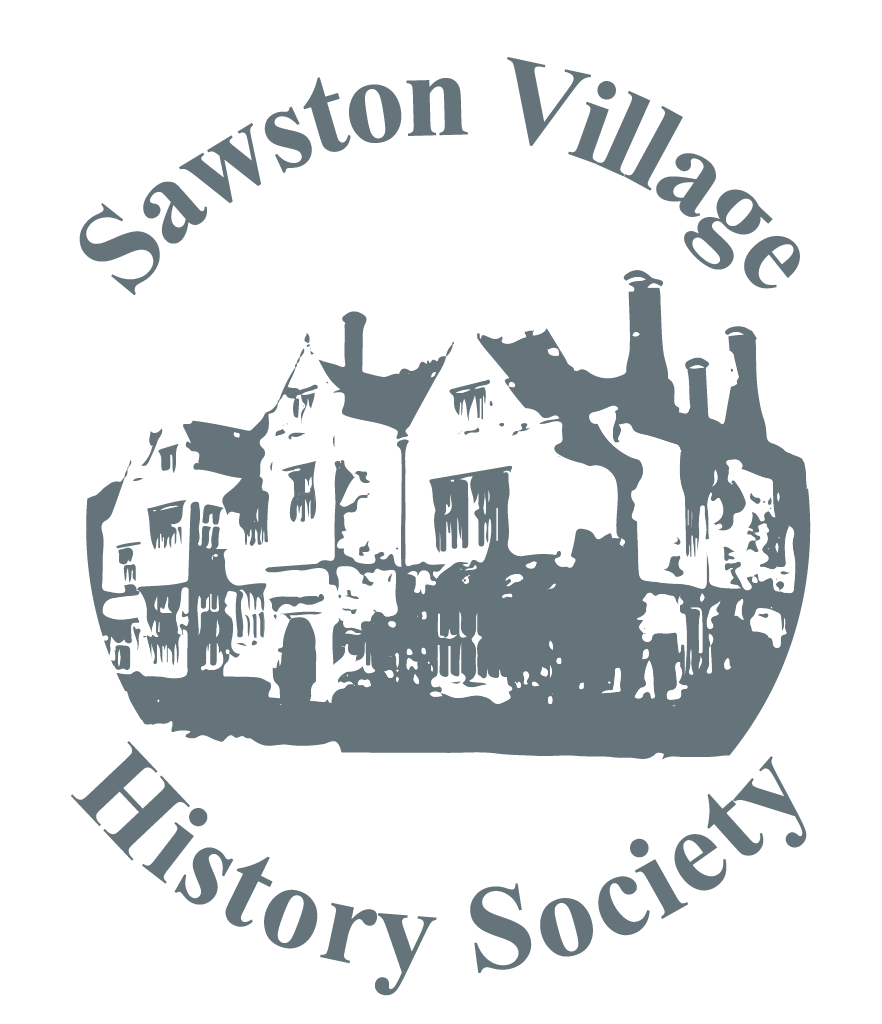
At our November meeting, Duncan Mackay gave a talk on The History of Mackay’s. The Mackays came from a crofting family in Scotland, and they have very early photos of their crofter forefather Donald Mackay with his wife, dated 1855. Their sons were drawn into engineering at the time of the building of the Forth Bridge and one of them, Duncan Mackay, worked in a cannon iron works. He ended up in Cambridge, via London, working in the ironmongery department of Laurie and McConnell in Fitzroy Street.
In 1912, Duncan Mackay bought Alsop’s wheelwright’s business in East Road which he developed into an engineering and ironmongery business. He further expanded by buying the next door cartage and removal premises of Samuel Gentle (who became another ancestor of the Cambridge Mackay family through the marriage of his daughter).
Between the wars the current, “very modern for its time”, shop was built with an engineering works behind it. Installing Blackstone engines was a large feature of the engineering side of the business. During the Second World War they built the prototype mesh used for laying out desert runways, firstly in North Africa.
They also did a lot of work for the university and for local companies, such as Pye and Marshalls. They made the first silicon crystal growing chamber for use in the electronics industry. They built a 2000 metre linear radio telescope for Martin Ryle, who was awarded the Nobel Prize for his work on radio waves from space. Mackays patented a spiral staircase design, one of which was built at Addenbrooke’s as a fire escape, and also built an upside down operating table for eye surgery.
The company has occupied many members of the Mackay family, both male and female, and is now run by Duncan, his brother, and his nephew. The shop continues to thrive but, as with other shop based retailers, is suffering from the relatively tax free on-line competition.
Tony Moss